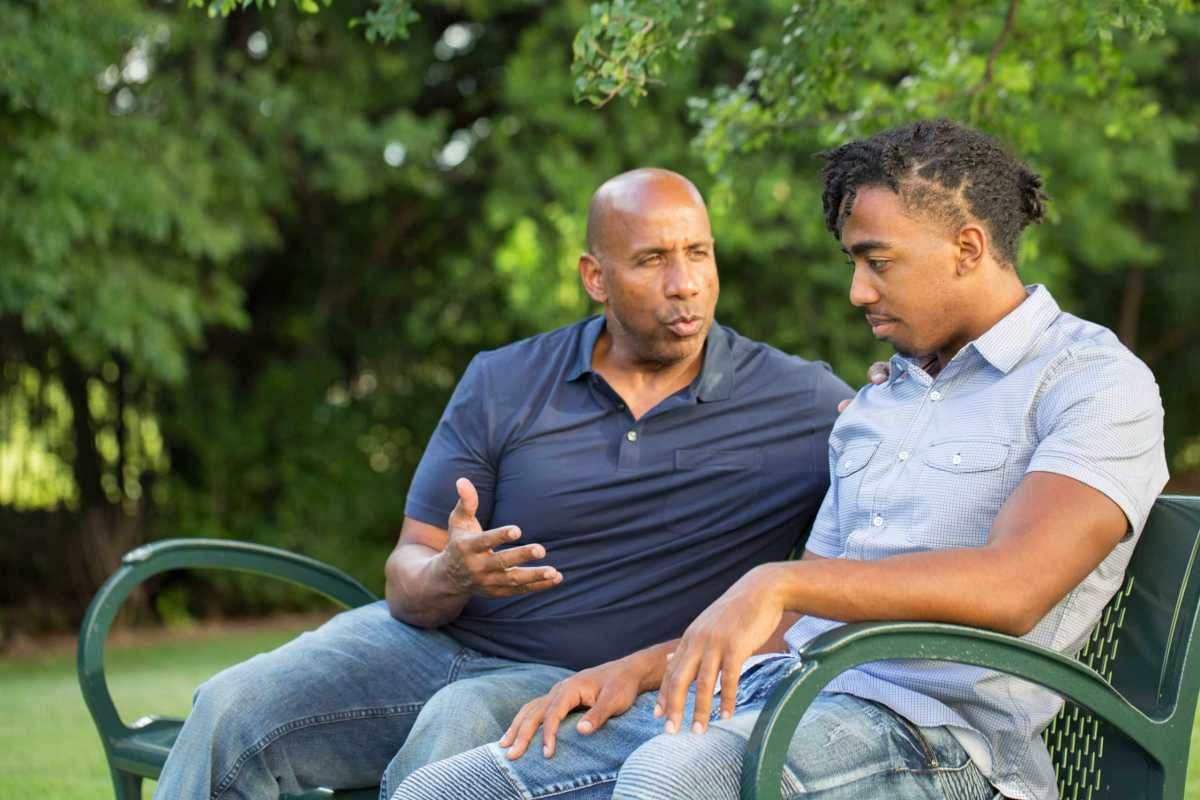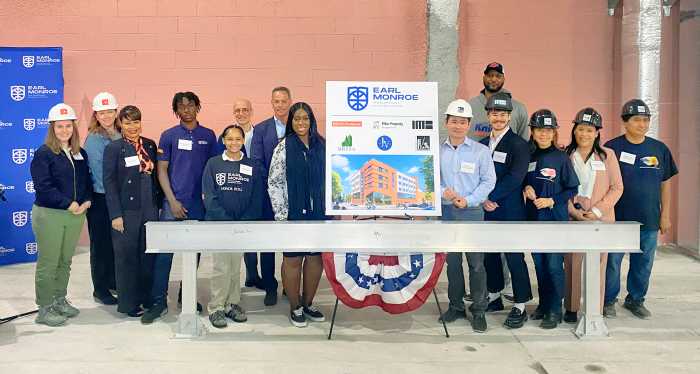A new study by a South Bronx native, recently published by the Annals of Family Medicine, found that when it comes to condom usage, teen boys really do listen to their parents.
The study of nearly 400 people living in Mott Haven seems to dispel a common assumption that teens will not discuss sex with their parents. In fact, the findings suggest that a male caregiver’s influence can make a huge difference in their son’s decision making — but medical providers should better support fathers in starting these conversations before their sons are sexually active.
Vincent Guilamo-Ramos, lead author of the study and executive director of the Institute for Policy Solutions at the Johns Hopkins School of Nursing, now lives in Washington, D.C. but grew up in the South Bronx. Most of his work throughout his two-decade career has been centered in the Bronx.
“I’ve maintained those commitments to my community of origin,” he told the Bronx Times in an interview.
Guilamo-Ramos, a nurse practitioner by training, specializes in sexual and reproductive health of adolescents — a topic of particular importance in the South Bronx, which has emerged as a hotspot for certain STIs, according to a recent report by the city Department of Health and Mental Hygiene.
The Mott Haven-Hunts Point area has among the city’s highest rates of chlamydia infections — showing the need for all people, especially young people, to know how to protect themselves.
‘Hidden epidemic’
To recruit people for the study, the research team went door-to-door throughout Mott Haven, including public housing, to find teens age 15 to 19 and their fathers — defined as primary adult male caregiver, which could be the biological father or perhaps a stepfather, foster father or other person who may or may not live in the same home.
In their door-knocking efforts, “We communicated about the importance of a safer Mott Haven and how families [could] come together in ways that they could be part of the solution,” said Guilamo-Ramos.
And a solution for educating young people about safer sex is sorely needed. Guilamo-Ramos said that while “some progress” has occurred over the years in reducing unplanned pregnancies, sexually transmitted infections (STIs) are now what he called a “hidden epidemic.”
About half of people newly diagnosed with STIs are young people — but they make up only about a quarter of the sexually active population, he said.
Also concerning, said Guilamo-Ramos, is the finding by the CDC that young people are using condoms for only less than half the times they have sex.
The ‘natural resource’ of parents
Guilamo-Ramos’ study found that fathers who perceived that their son was ready for sex — in terms of emotional maturity and achievement of milestones such as high school graduation — were most likely to provide guidance on condom usage with their sons.
However, the study found that fathers often misjudge sons’ sexual activity — believing the son is not sexually active when he is. In these cases, discussion of condom usage often comes too late.
For Guilamo-Ramos, this presents a “huge opportunity” for nurses and doctors to engage fathers and prepare them for these conversations before their sons become sexually active.
The study says health care providers should remind fathers that discussing condom usage with early-age adolescents is not the same as encouraging them to have sex. Guilamo-Ramos also said that fathers themselves may need support from health care providers because they may not have received good guidance on condoms when they were growing up.
While sex ed based in schools or organizations is still important, the study drives home the importance of parental guidance — a built-in “natural resource,” said Guilamo-Ramos.
No matter how flippant teenagers may act, his work reminds parents of their important role in teens’ sexual decisions.
“They want … their fathers to actually provide guidance and to really support them in terms of how to think through and how to be prepared to avoid negative sexual and reproductive health outcomes,” Guilamo-Ramos said.
Reach Emily Swanson at eswanson@schnepsmedia.com or (646) 717-0015. For more coverage, follow us on Twitter, Facebook and Instagram @bronxtimes

























